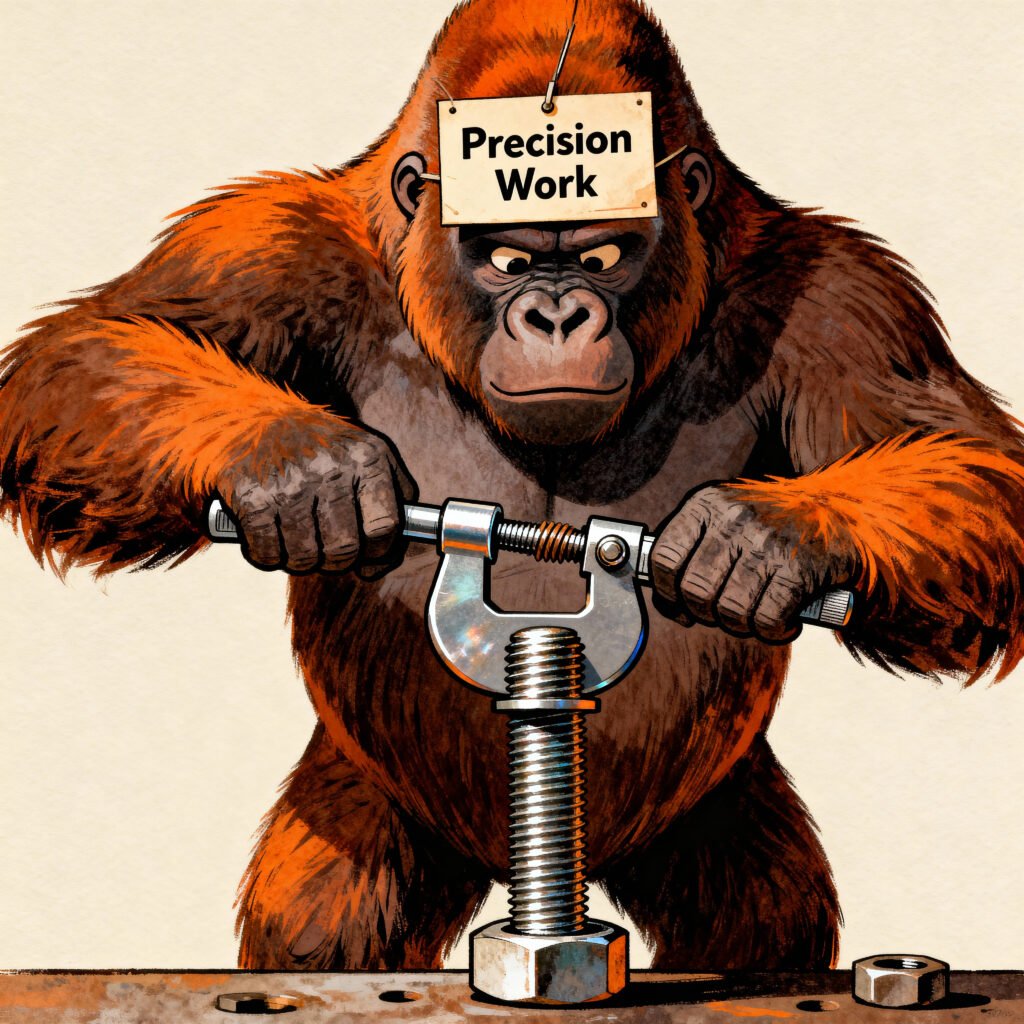
Introduction: You Can’t Control What You Can’t Measure
Every product we use — from cars and jet engines to smartphones and medical implants — depends on accurate measurement.
In manufacturing, metrology ensures that each component fits, functions, and performs exactly as designed. It’s not just about numbers on a screen; it’s about building trust in production through data-driven precision.
Without metrology, quality assurance would be guesswork — and modern manufacturing simply couldn’t exist.
1. Metrology: The Backbone of Product Manufacturing
Metrology provides the quantitative foundation for every step in production.
When an engineer defines a tolerance of ±0.01 mm on a drawing, it’s metrology that ensures that limit can be verified.
From raw material inspection to final assembly validation, measurement is woven into every process:
- Incoming inspection: Verifying supplier parts before they enter production.
- In-process control: Monitoring machining accuracy to prevent drift.
- Final inspection: Confirming parts meet GD&T and functional requirements.
Each step creates feedback loops that reduce errors, improve yields, and ensure repeatability.
2. How Metrology Strengthens Quality Assurance
Quality assurance relies on metrology to answer a fundamental question: Is this part conforming to design intent?
Accurate measurement provides the objective evidence needed to make that judgment.
Here’s how:
- Traceability: Measurements are linked to calibrated standards, ensuring confidence in results.
- Consistency: Standardized measurement methods mean results are comparable across shifts, machines, or plants.
- Optimization: Statistical data from measurements help engineers identify trends and adjust processes before defects occur.
Simply put, metrology turns quality control from reactive to proactive.
3. The Economic Impact of Good Metrology
Studies from national metrology institutes (like NIST and PTB) show that effective metrology practices can reduce manufacturing costs by up to 20%.
Why? Because accurate measurement minimizes rework, scrap, and warranty claims.
Moreover, industries with high metrological maturity are more competitive: they achieve faster product development, tighter tolerances, and more reliable performance.
4. The Role of Advanced Measurement Technologies
Modern metrology has evolved beyond manual gauges. Today’s systems include:
- Coordinate Measuring Machines (CMMs) for dimensional accuracy
- Optical and laser scanning for complex surfaces
- Inline metrology that measures parts directly during production
- Smart metrology using AI and digital twins for predictive control
These technologies close the loop between design, manufacturing, and inspection — turning data into actionable insights.
Conclusion: Precision Builds Confidence
Metrology matters because it ensures that every product performs as intended, every time.
It gives manufacturers confidence, customers satisfaction, and industries global credibility.
In short: no metrology, no quality.
Explore how metrology drives innovation and reliability at Metrology Advisor.

Comments